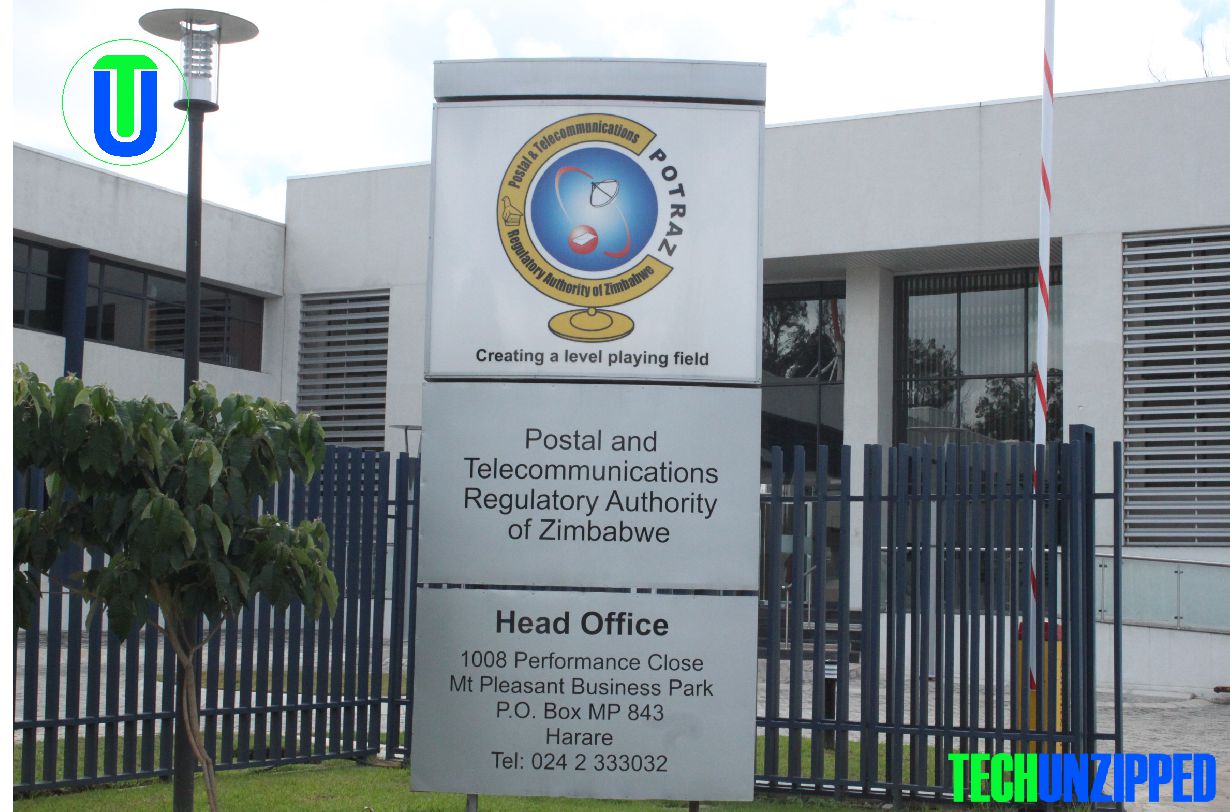The Postal and Telecommunications Regulatory Authority of Zimbabwe (POTRAZ) is exploring potential adjustments to tariffs within the Information and Communication Technology (ICT) sector. This move aims to ensure the long-term sustainability of the industry.
Dr. Gift Machengete, POTRAZ Director-General, addressed stakeholders at a recent Harare engagement. He emphasized the importance of a robust ICT sector, stating: “As the regulator, we are faced with the imperative need to consider tariff adjustments to protect our sector from collapse.”
Dr. Machengete highlighted the critical role ICT plays in economic growth, innovation, and overall quality of life. He acknowledged, however, that advancements come at a cost: “From the deployment and maintenance of infrastructure, to the development of cutting-edge technologies and services, the ICT industry requires substantial capital investment to remain competitive and meet the evolving needs of society.”
The Director-General expressed concern: “Without sufficient revenue generated from tariffs, ICT operators may struggle to fund essential infrastructure upgrades, expand network coverage to underserved areas, or invest in research and development initiatives. While consumers rightfully seek affordability and accessibility, it is essential to recognise that maintaining an ICT infrastructure of high quality and reliability requires adequate investment and sustainable revenue streams.”
Dr. Machengete acknowledged the potential drawbacks of tariff increases, particularly in a world focused on affordability. He emphasized the need for a balanced approach that safeguards both access and industry viability: “While the need to increase tariffs may seem counterproductive in a world where affordability is paramount, it was crucial to strike a delicate balance between ensuring access to essential ICT services and safeguarding the long-term viability of the sector.”
He stressed the importance of thoughtful consideration when making tariff adjustments: “Tariff adjustments must be approached thoughtfully, taking into account the needs and realities of both consumers and industry stakeholders.”
Dr. Machengete also highlighted transparency as a key factor in achieving a healthy ICT ecosystem. He pointed out: “Solving this problem, I believe, begins with transparency around obtaining tariff structures which is something we have demanded from operators.”
Beyond tariff transparency, Dr. Machengete addressed the issue of clear communication during service disruptions: “Apart from a lack of transparency around tariff structures, another serious offense is the failure by operators to inform consumers about service downtime. Time and time again, consumers are left in the dark, unaware of scheduled maintenance or unexpected outages that disrupt their ability to stay connected. This lack of transparency breeds mistrust and undermines the relationship between consumers and service providers.”
Dr. Machengete’s intent to address the persistent problem of data disappearing within the ICT sector.

